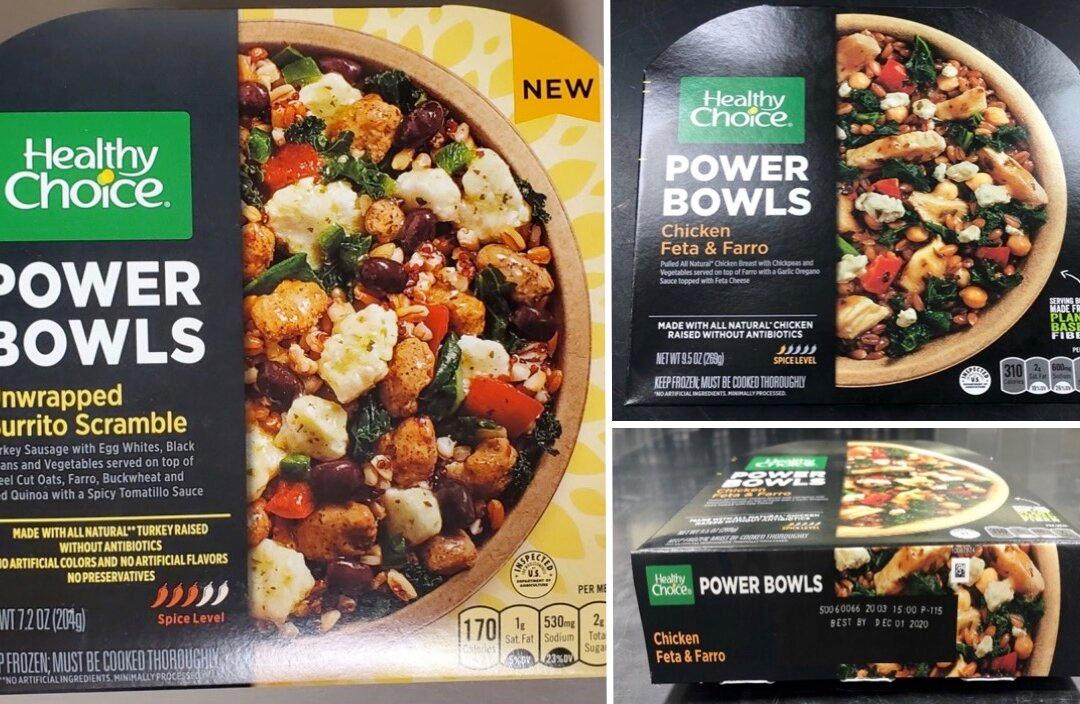Conagra Brands reported Thursday a decrease in net profits and adjusted operating margin mainly due to an increase in food costs resulting from high inflation, a loss in profits from recently-sold businesses, and transitory supply chain costs.
The corporation reported a second-quarter net sales hike of 2.1 percent along with an increase of 2.6 percent in organic net sales. The second fiscal 2022 second-quarter net sales and organic net sales went up by 4.1 and 5.3 percent, respectively, on a two-year compounded annualized basis. This was mostly driven by a hike in product prices.





